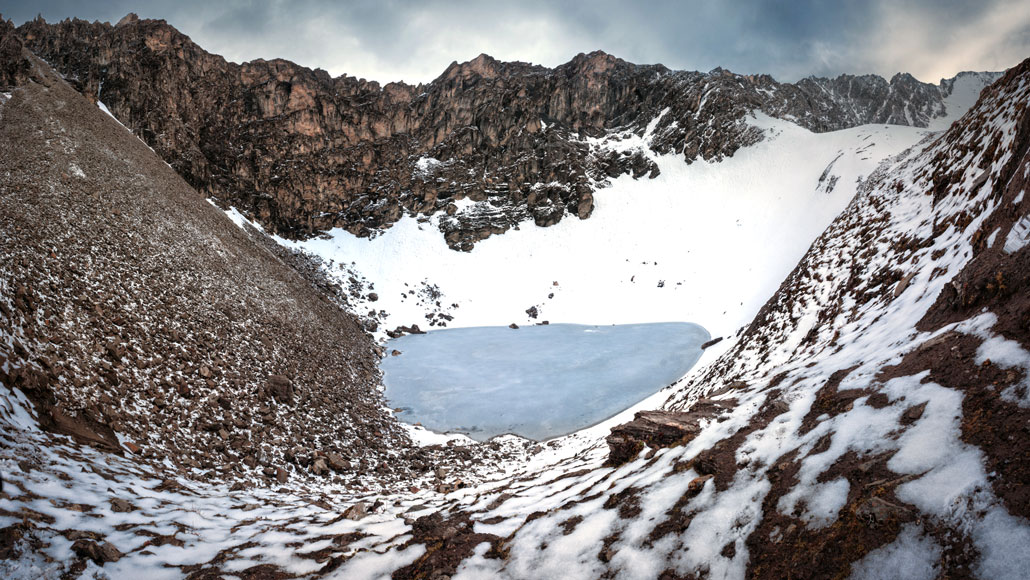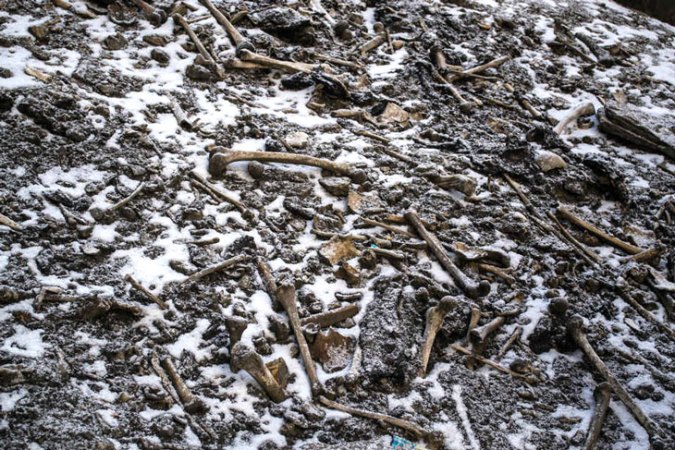India’s Skeleton Lake contains the bones of mysterious European migrants
Not all of the hundreds of skeletons at the Himalayan site are from the same place or period

Human bones found at Roopkund Lake in the Himalayas yielded DNA from an enigmatic group of eastern Mediterranean people that traveled to the high-altitude site around 220 years ago.
Atish Waghwase








